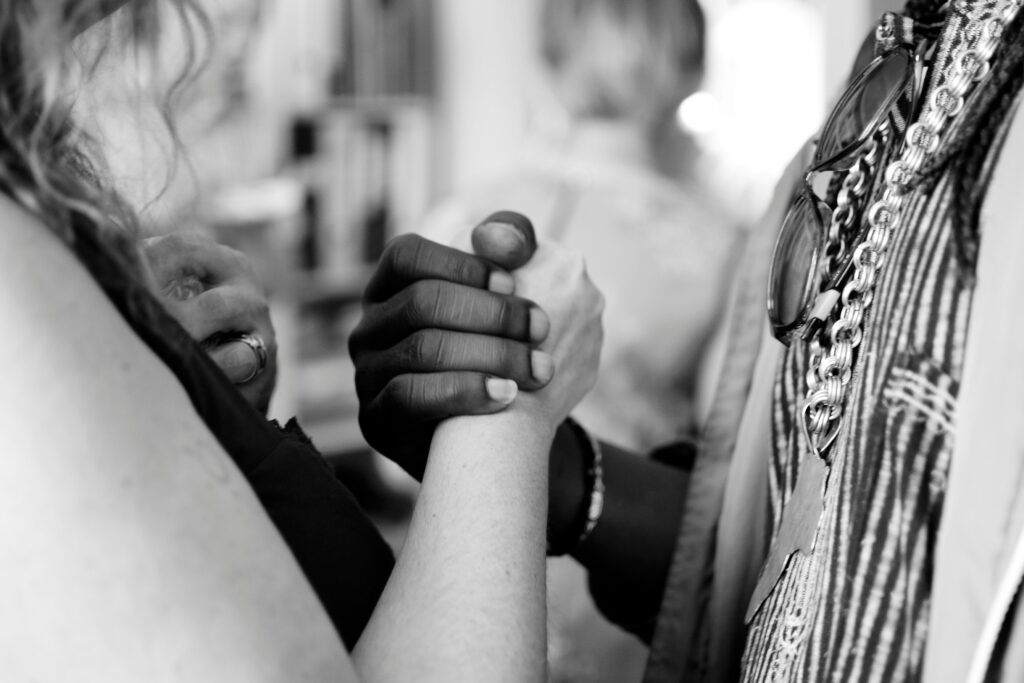Can relationship conflict actually become a pathway to deeper connection? Let’s be honest—dating often feels like an emotional rollercoaster. One moment you’re experiencing that magical spark, and the next, an unexpected disagreement or emotional moment leaves you feeling disconnected. Why does maintaining positive momentum in relationships sometimes feel so challenging?
The reality is that conflict occurs even in the healthiest relationships. Perhaps you’ve experienced this: you’re dating someone wonderful, everything appears perfect, then suddenly an unexpected reaction or minor disagreement creates tension. It’s natural to wonder, Is this a warning sign? Did I handle that poorly? You might even find yourself withdrawing slightly, questioning whether the relationship is truly as promising as it seemed.
Many of us have experienced that instinct to pull away precisely when things are going well. This self-sabotage often emerges when positive emotions trigger underlying fears. When a relationship feels genuinely promising, past hurts and vulnerabilities can surface unexpectedly. It’s as if our hearts whisper, “Can I truly trust this experience?”

This doesn’t indicate that your relationship is doomed or that there’s something fundamentally wrong with you. In fact, these uncomfortable moments can become powerful opportunities to strengthen your bond with your partner. So how do you transform conflict into connection? Here are practical steps to convert challenging moments into relationship growth:
Transforming Relationship Conflict into Connection:
1. Pause and Identify the Root Issue
When we feel hurt or triggered by a partner’s words or actions, our initial reaction might be to withdraw or respond defensively. Instead, consider taking a moment to explore what’s beneath those feelings. For instance, if you felt dismissed or ignored, rather than assuming He doesn’t value me, ask yourself, Why does this feel particularly painful right now? Frequently, current reactions connect to past experiences—old wounds or fears we’ve carried forward.
This simple practice of pausing and reflecting can transform your perspective, enabling you to communicate from understanding rather than reactivity. This approach isn’t about avoiding conflict, but rather addressing it with greater compassion for both yourself and your partner.
2. Initiate Relationship Repair
Following conflict or hurt feelings, taking steps toward repair can profoundly impact your connection. Relationship repair doesn’t mean ignoring issues—it involves openly addressing what occurred, actively listening to each other, and understanding one another’s emotional needs.
Consider expressing to your partner, “I felt hurt when this happened, and I’d like us to work through it together.” This demonstrates your investment in the relationship and willingness to build a foundation resilient enough to navigate challenges.
One of the most valuable questions to ask yourself after conflict is, What would help me feel resolved about this situation? Perhaps you need an apology, or maybe you need reassurance of your partner’s commitment. Don’t hesitate to communicate these needs clearly. Often, expressing your needs openly creates space for honest, meaningful dialogue.
3. Build Understanding Through Shared History
Our relationship responses are shaped by past experiences, often unconsciously. Learning about each other’s relationship histories and family backgrounds fosters empathy and understanding. Perhaps your partner has previously felt unheard, leading to defensive reactions. Or maybe you grew up in an environment where conflict was avoided, making disagreements feel particularly uncomfortable.
Having these deeper conversations helps both partners feel more connected and understood. Understanding the origins behind each other’s behaviors allows you to approach future conflicts with increased patience and care, rather than making assumptions.
If you’re finding these dynamics challenging in your dating experiences, or wondering how to navigate new relationships with greater confidence and clarity, remember you don’t have to figure everything out alone. One effective way to gain support is through a discovery call with me. We can explore your unique patterns, identify what might be holding you back, and develop tools to help you build relationships where you feel secure, valued, and genuinely supported.
Ready to transform relationship conflict into meaningful connection? Click here to schedule your complimentary discovery call! Let’s discuss how to shift your dating experience from frustrating to fulfilling and create the love life you truly desire.



 By
By